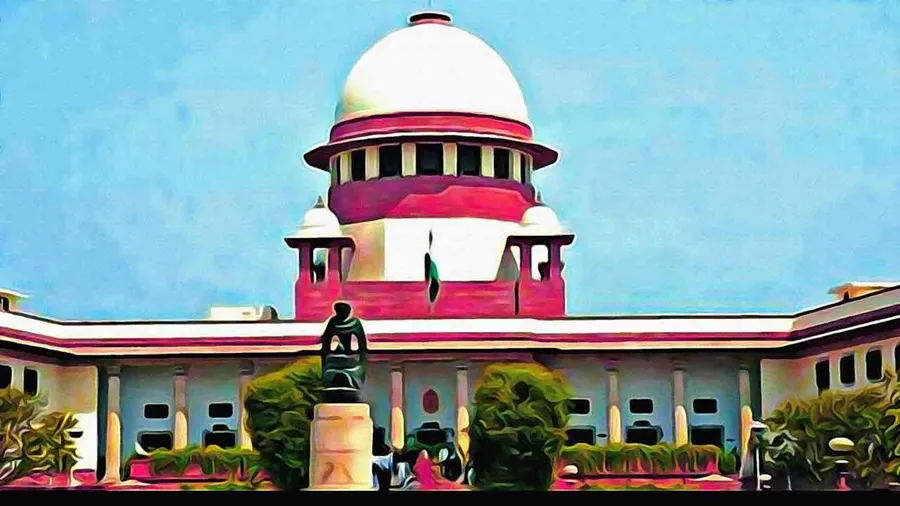In a contentious move, the All India Muslim Personal Law Board (AIMPLB) has fiercely denounced a recent Supreme Court verdict on Muslim divorcee women’s maintenance, deeming it “antithetical to Islamic law (Shariah).” This provocative declaration has ignited a legal and social firestorm, with the board vowing to exhaust all avenues to overturn the ruling.
Clash of Legal Interpretations: Supreme Court vs. Islamic Law
The Supreme Court’s landmark decision, which granted Muslim women divorced through “triple talaq” the right to seek maintenance under Section 125 of the CrPC, has been met with fierce resistance from the AIMPLB. The board contends that this ruling, while seemingly “religion-neutral,” fundamentally contradicts Islamic principles regarding divorce and financial obligations.
At the heart of the dispute lies a divergence in legal interpretations. The Supreme Court’s ruling is rooted in the broader context of protecting the rights of women in the event of unjust divorce. Conversely, the AIMPLB argues that the verdict disregards the nuanced provisions of Islamic law, which outline specific circumstances and procedures for spousal maintenance.
AIMPLB’s Counteroffensive: Seeking Legal and Political Redress
The AIMPLB has authorized its president, Hazrat Maulana Khalid Saifullah Rahmani, to spearhead a multifaceted campaign to challenge the Supreme Court’s decision. This includes exploring legal, constitutional, and democratic avenues to ensure the ruling is overturned. Additionally, the board plans to engage with both the central government and the opposition to garner political support for its cause.
Broader Implications: A Battleground for Religious and Gender Rights
The AIMPLB’s stance has drawn both support and criticism from various quarters, with some hailing it as a defense of religious freedom and others condemning it as an impediment to women’s rights. This complex issue has become a battleground for competing interpretations of religious doctrine and societal norms.
Beyond the legal and theological aspects, this case has profound implications for the lives of countless Muslim women who have suffered the trauma of unilateral divorce. The AIMPLB’s determination to overturn the Supreme Court’s ruling raises questions about the balance between religious autonomy and gender equality in a diverse and evolving society.
Key Points:
| Aspect | Detail |
|---|---|
| Issue | AIMPLB’s opposition to Supreme Court verdict on Muslim divorcee women’s maintenance |
| Legal Dispute | Clash between Supreme Court’s interpretation of CrPC and AIMPLB’s interpretation of Shariah |
| AIMPLB’s Actions | Exploring legal, constitutional, and political avenues to overturn the verdict |
| Broader Implications | Debate on religious freedom, gender equality, and the rights of divorced Muslim women |
Soumya Smruti Sahoo is a seasoned journalist with extensive experience in both international and Indian news writing. With a sharp analytical mind and a dedication to uncovering the truth, Soumya has built a reputation for delivering in-depth, well-researched articles that provide readers with a clear understanding of complex global and domestic issues. Her work reflects a deep commitment to journalistic integrity, making her a trusted source for accurate and insightful news coverage.



